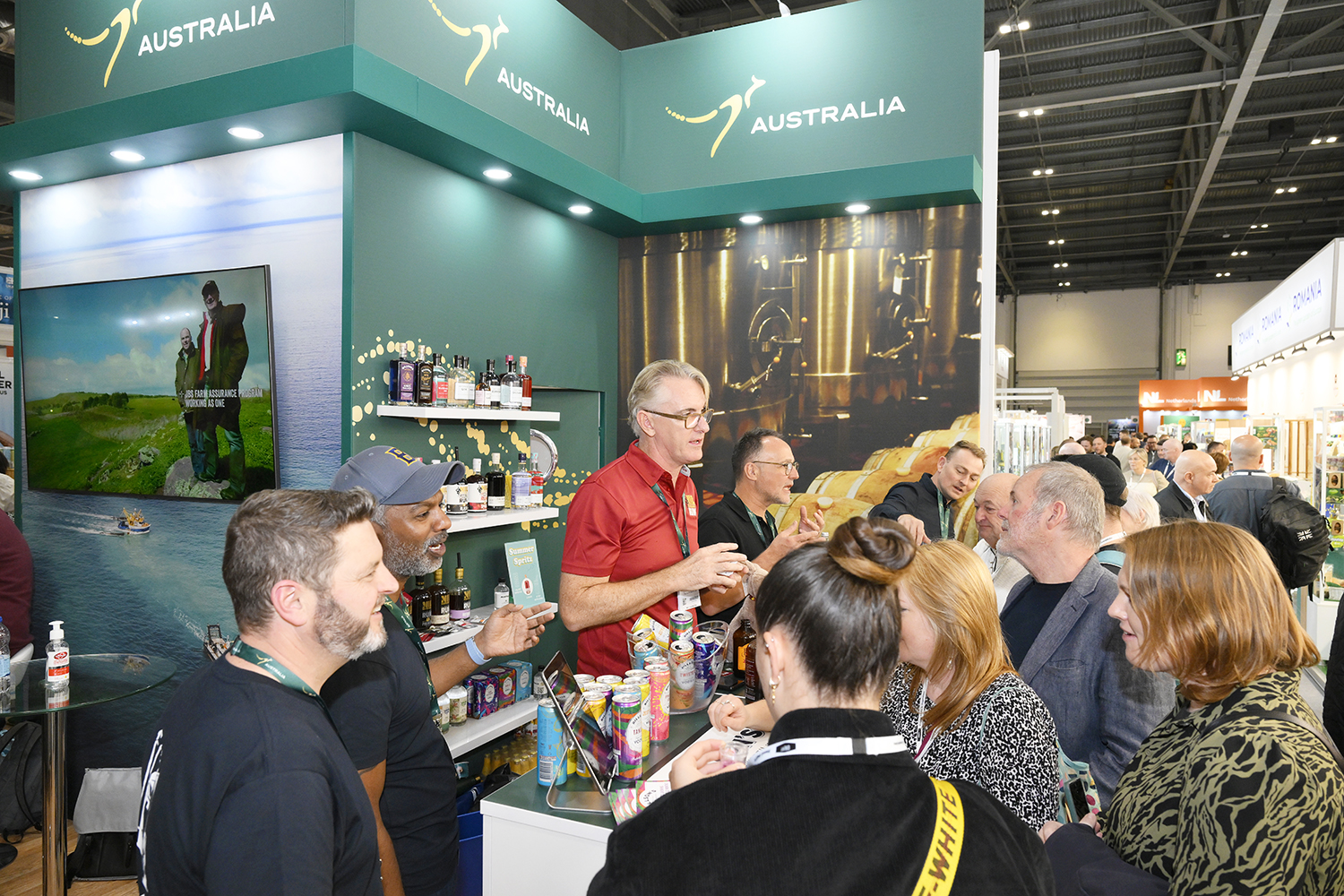Majority of hospitality workers are still too scared to talk to their boss about mental health
By Edith HancockThe majority of people working in hospitality are afraid to bring up mental health issues with their employers for fear of being penalised or replaced, according to new research.
(Photo: iStock)
Six in 10 (62%) hospitality professionals are too afraid to tell their employer that they’re suffering with poor mental health, while two thirds said their performance is being affected by their own personal struggles.
A survey of 2,000 workers conducted by job seeker site CV Library found that one third of hospitality workers fear they’d be judged unfairly if they told their boss about their concerns, while 28.6% simply believe their employer is unapproachable. The survey was published to coincide with World Mental Health Day today (10 October).
What’s worse is that two thirds (66.7%) of hospitality workers claim that their anxieties affect their performance in the workplace, with 50.8% worrying about failure, 37.9% being less likely to take on new challenges due to self-doubt and 29.1% feeling constantly stressed. This can create a vicious circle where staff start to underperform, which only compounds their private struggles with mental health.
Nearly a third (31%) of professionals said that they feel anxious about key aspects of their jobs, such as neglecting personal relationships because of work, the potential of being fired (28.9%), asking for time off to look after children (25.6%), or their boss (18.8%).
“Worrying is a part of life, but if it becomes persistent and interferes with your daily activity, it can sap your energy and make it hard to concentrate at work,” Lee Biggins, CV LIbrary’s CEO, said.
Slow change
Last year, drinks trade charity The Benevolent carried out a similar survey, and found that nearly half (48%) of industry workers thought discussing their mental health problems would damage their careers.
In fact, many believe the job itself is damaging to their wellbeing. The Royal Society for Public Health (RSPH) published a survey in May this year, which found that, not only had three quarters of bar and restaurant workers been verbally abused by a customer, but one in five people who reported severe mental health problems believed they were direct result of their job.
Some hospitality groups have made more efforts to make their businesses a safe space for employees who might need support. London-based restaurant chain M now allows staff to take an additional four full-paid days off throughout the year to ensure they look after their mental health. For employees who do not use all or part of their four days, the remaining ‘M Days’ will be added to their holiday allowance, the company said in an emailed statement, and ultimately paid if they are not used by the end of the year.
Partner Content
As part of the M-indful initiative, the restaurant group will also offer its employees access to Spill, an app which enables its users to consult a personal counsellor without booking an appointment. M managers at all levels are also incentivised to foster a healthy workplace culture, and can be assigned up to six extra days of fully paid holidays per year if they reach “key people-related bonus targets such as staff retention and great staff survey results.”
The Benevolent, launched a campaign called #NotAlone in January 2018, which aims to encourage free speech about mental health issues within the workplace, creating a stigma-free environment.
Meanwhile Healthy Hospo, a not-for-profit community interest company, runs Wellness Workshops on mental and physical health. The group has worked with Unilever to provide mental health training, and has a partnership with Love Drinks to run health and wellness programmes for UK bartenders and managers.
But the new CV Library survey shows that, across the industry, many workers still feel they can’t speak up. More than half (55%) of those surveyed said their boss wouldn’t care about their concerns around mental health.
According to the RSPH white paper, support is “inconsistent, and where it is available there is limited awareness amongst employees.”
Kate Nichols, the head of industry body UKHospitality, told the drinks business there’s no evidence to suggest that mental health problems are “any more or less prevalent in hospitality than in other sectors”, but that the group is “acutely aware of the need to address any problems that do exist.”
“We hope that employees do feel comfortable speaking to their employers and would encourage such dialogue, if only so that anyone suffering mental health problems can be signposted to the many helpful resources and channels of support. The Licensed Trade Charity and Hospitality Action do fantastic work for anyone in our sector needing support.”
Andre Mannini, M’s operations manager, said last year that the hospitality industry “must catch up with other industries and adopt an environment where a younger generation of employees have solid mental wellbeing and are inspired to perform to their finest when at work.”
Biggins advises staffers to confront their employers if they are struggling, “as they may be able to help out more than you think.”




